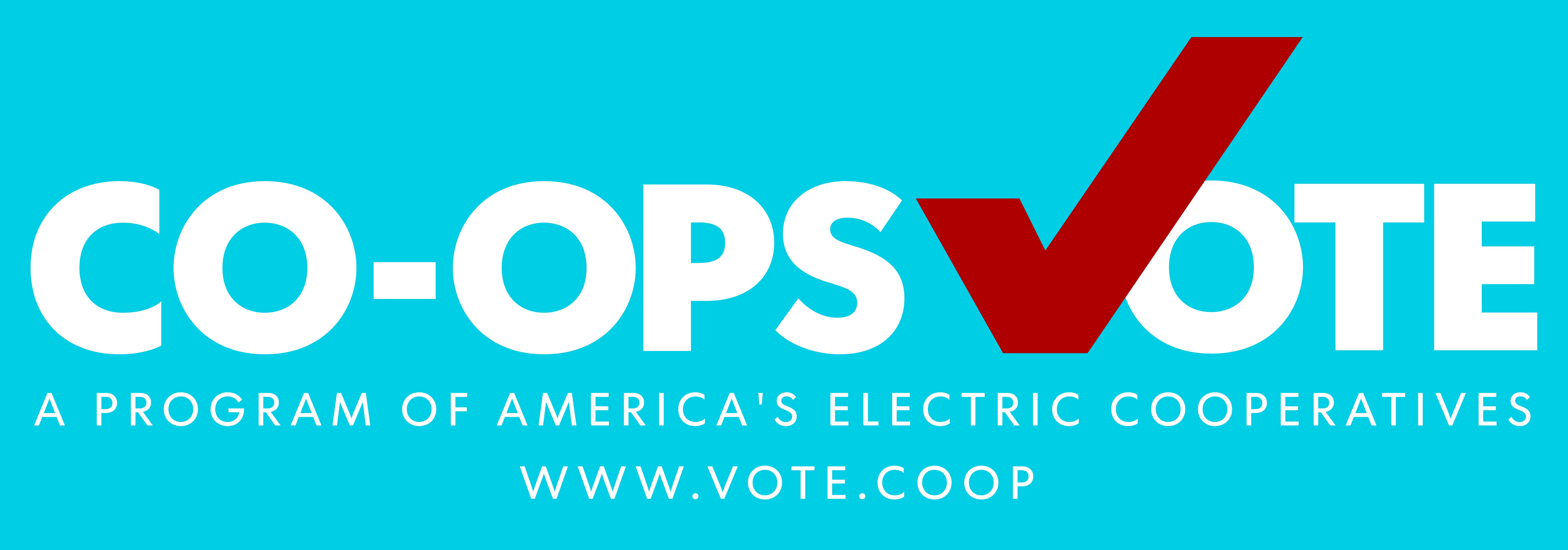Cooperative Principles
Cooperatives around the world operate according to a core set of principles that make electric cooperatives different from other electric utilities.
-
The Seven Cooperative Principles
Voluntary and Open Membership
Cooperatives are voluntary organizations, open to all persons able to use their services and willing to accept the responsibilities of membership, without gender, social, racial, political or religious discrimination.

-
Democratic Member Control
Cooperatives are democratic organizations controlled by their members, who actively participate in setting policies and making decisions. The elected representatives are accountable to the membership. In primary cooperatives, members have equal voting rights (one member, one vote) and cooperatives at other levels are organized in a democratic manner.

-
Members’ Economic Participation
Members contribute equitably to and democratically control the capital of their cooperative.

-
Autonomy and Independence
Cooperatives are autonomous, self-help organizations controlled by their members. Democratic control and cooperative autonomy must be maintained when entering into any agreements with external sources.

-
Education, Training, and Information
Cooperatives provide education and training for their members, elected representatives, managers and employees so they can contribute effectively to the development of their cooperatives. They inform the general public, particularly young people and opinion leaders, about the nature and benefits of cooperation.

-
Cooperation Among Cooperatives
Cooperatives serve their members most effectively and strengthen the cooperative movement by working together through local, national, regional and international structures.

-
Concern for Community
While focusing on member needs, cooperatives work for the sustainable development of their communities through policies accepted by their members.



